The two-day conference organized by the Danube Institute focuses on the rule of law. Why is it important to have an international discourse on this theme?
The European institutions and the NGOs funded by them do everything to create the impression that the rule of law procedures applied by the European Union are procedures of an objective legal nature, designed to protect the shared values of the European Union.
But this could not be further detached from reality, because these EU rule of law procedures are actually political instruments that serve tactical and strategic goals.
The tactical goal is to use political pressure to force certain member states of the European Union to align themselves, today first of all, with Brussels' pro-war position. The strategic goal is to take the definition of European values and the enforcement of European values out of the hands of the constitutional institutions in the member states and render them a monopoly of the European institutions, promoting the big European federative project.
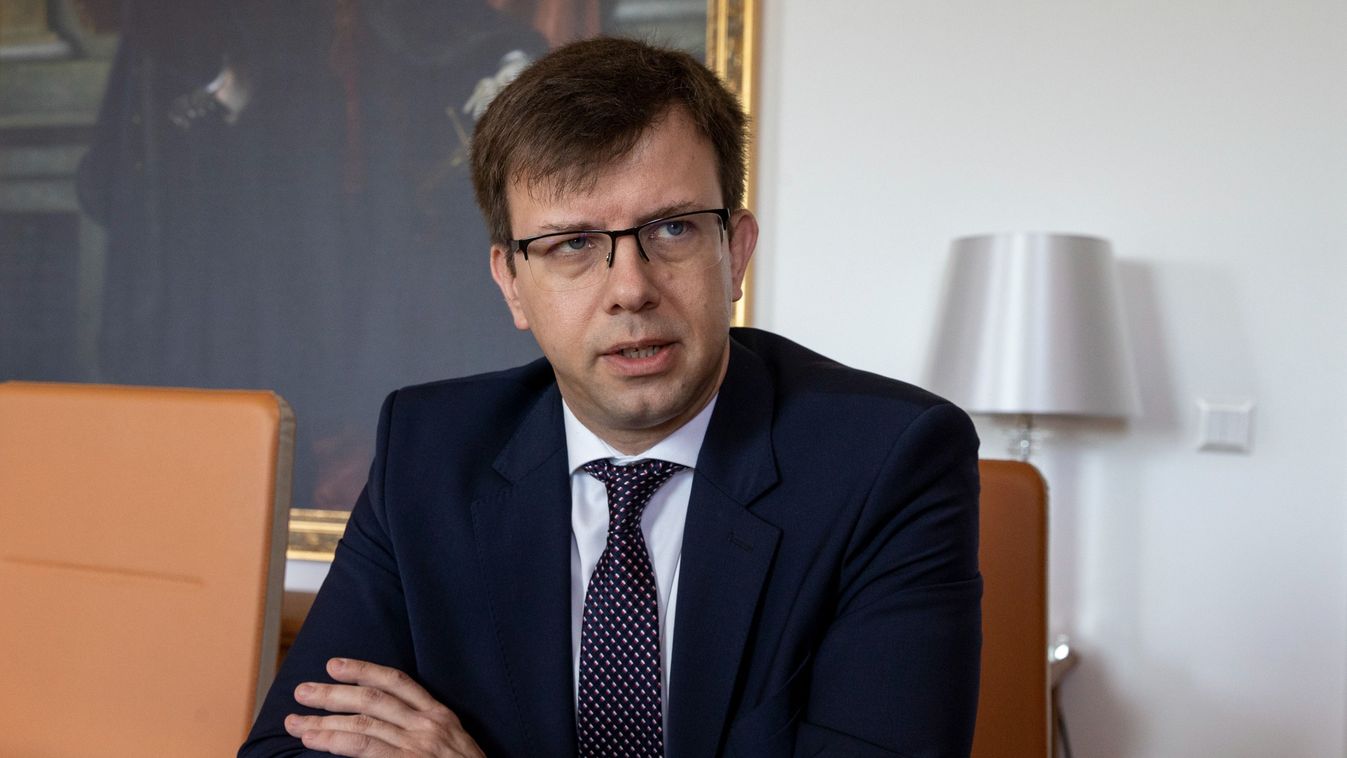
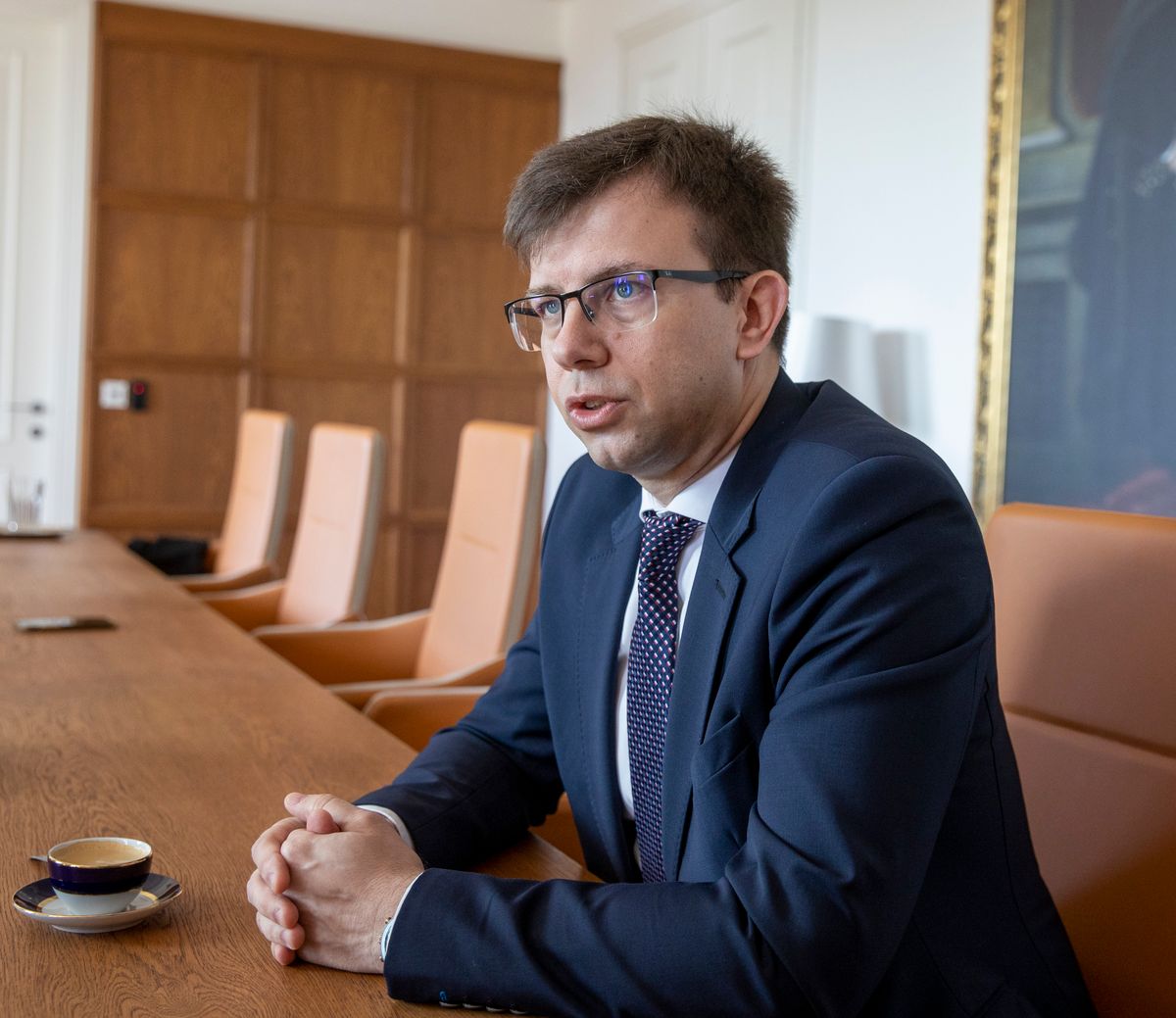
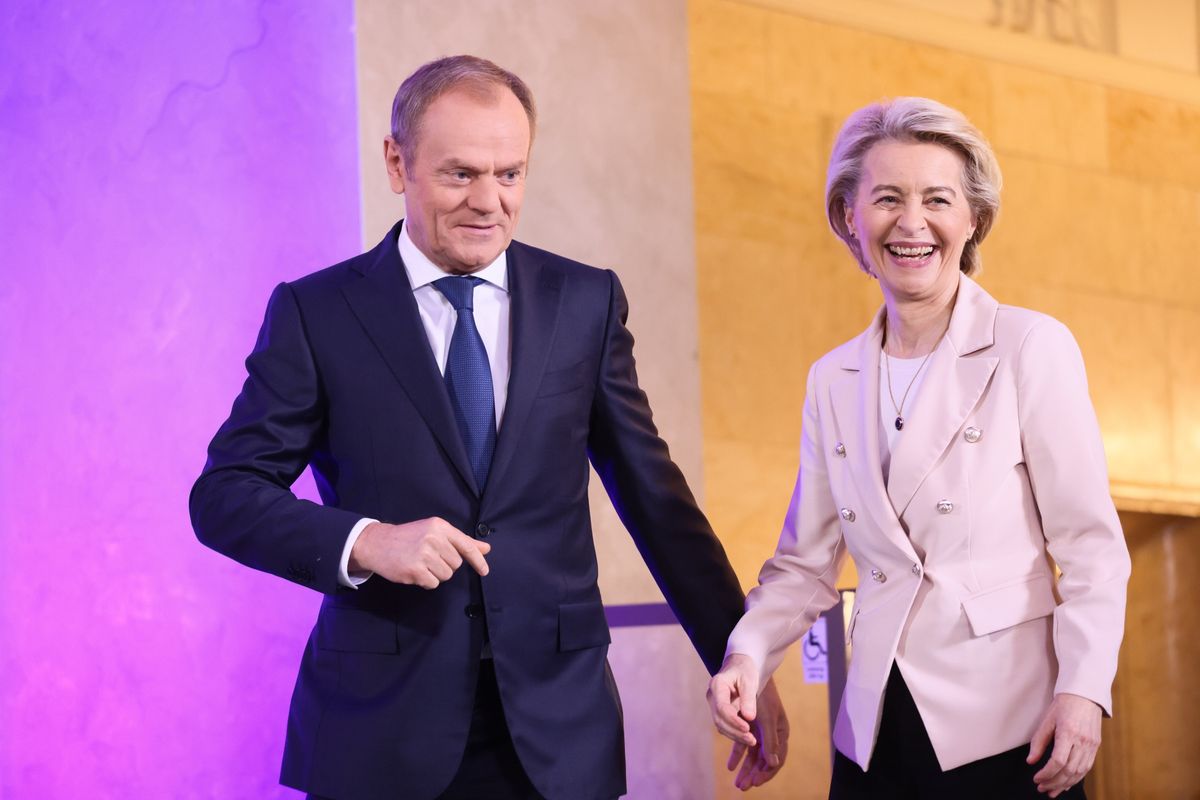
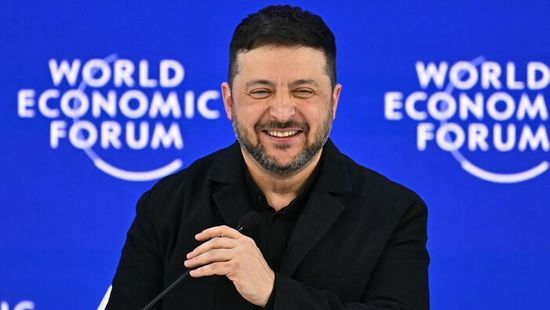
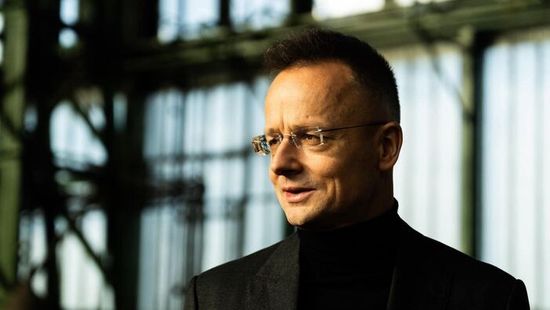
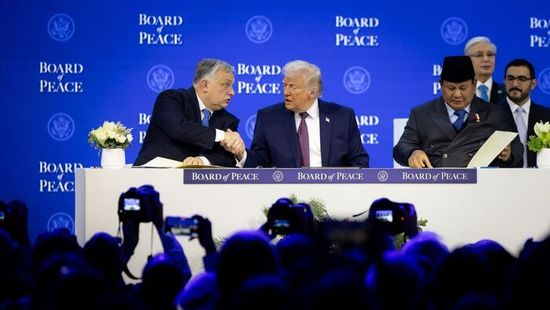
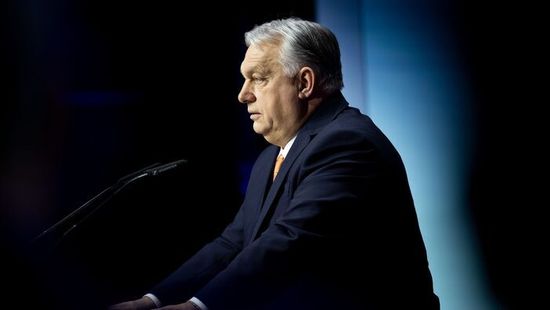



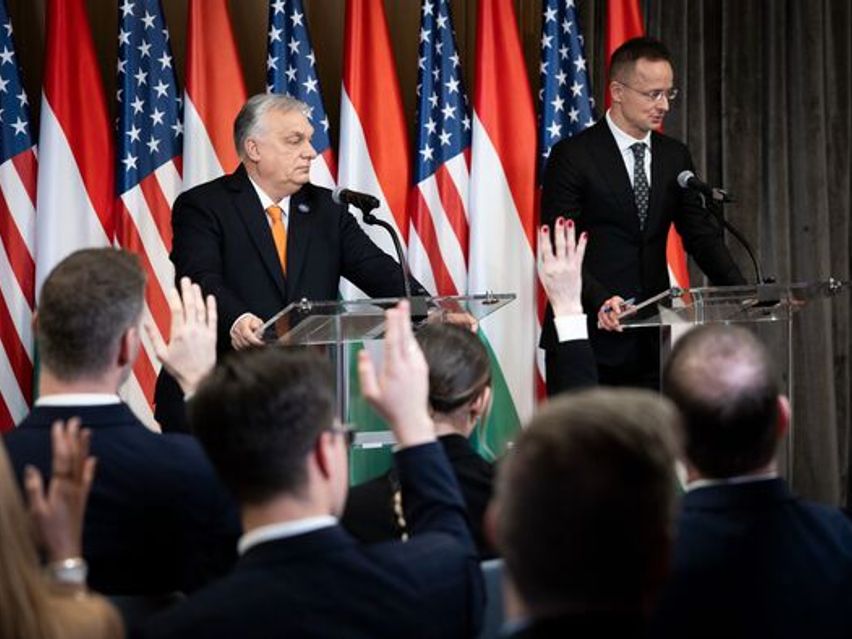





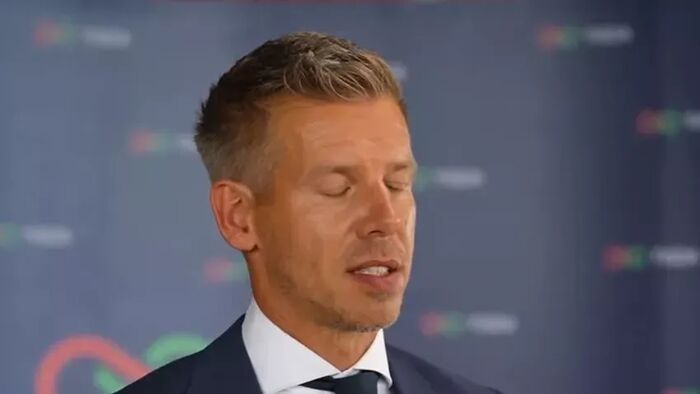
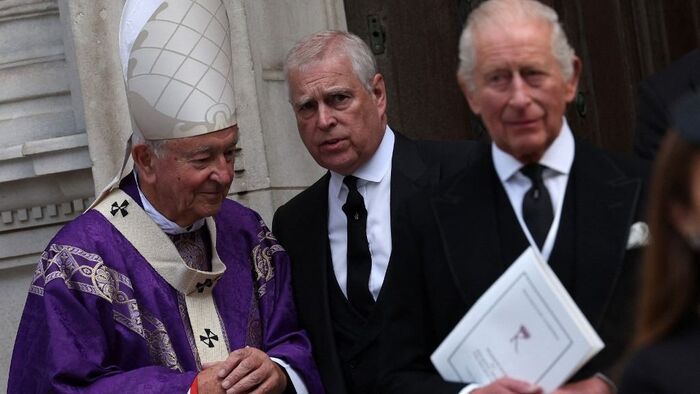
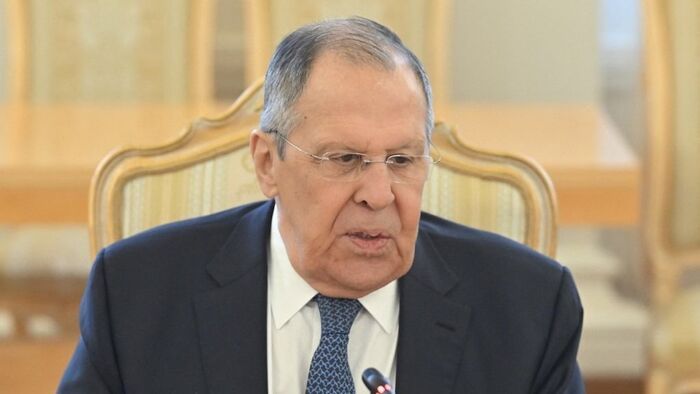
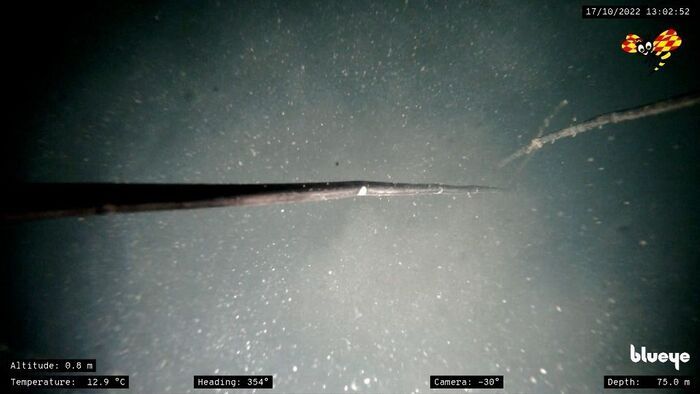





Szóljon hozzá!
Jelenleg csak a hozzászólások egy kis részét látja. Hozzászóláshoz és a további kommentek megtekintéséhez lépjen be, vagy regisztráljon!